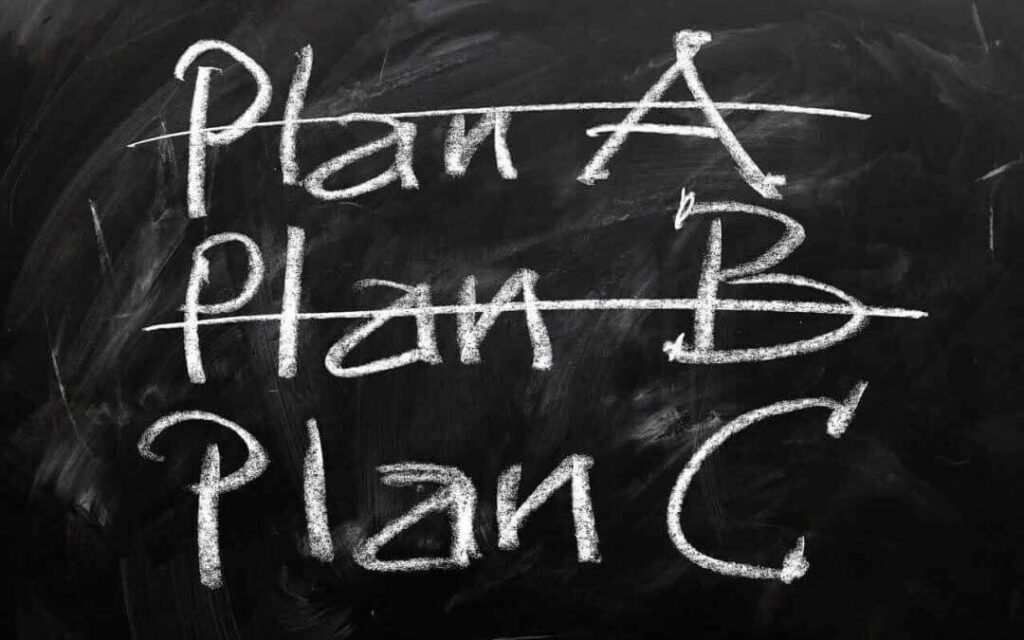In Japanese martial arts, including Okinawa Karate, the personal lineage of instruction is of utmost importance. It is so important that it is considered a standalone criterion for the authenticity of a person and his style.
Sometimes technical expertise is assumed simply because a person has a specific personal genealogy. On the other hand, a personal lineage is sometimes assumed simply because a practitioner has excellent technical skills. However, technical expertise and personal lineage are not necessarily causal. What remains is the utmost importance of being able to date back a personal lineage to a founder, or otherwise as far as possible.
However, there are frequently technical and genealogical inconsistencies, or otherwise different information about a lineage, depending on whose story you hear or read. Such cases have been the topic of many discussions for decades now. Usually it is a “proxy bout” in which people belonging to one or the other group involved argue about who is right and who is wrong. All kinds of arguments and sources are used, such as hearsay of the kind “Sensei xy said….,” or “I have heard that….,” etc.pp. Then, there are interviews, sometimes translated to English. Then there is comparative analysis of techniques, references to books, personal experiences, and many others. Among these arguments, there is one that is regularly missing. Namely, that a person cannot state who his teacher was. This is so obvious, it hurts.
Why would a person not be able to claim a teacher’s name in his official CV? There are some personal reasons, such as they got mad at each other, or there was a fight. Or a student became progressive and self-important or earned a lot of money, but his master didn’t approve. A person might never want to think of or mention another person’s name for such reasons. For example, a teacher and a student have been together for many years. The student moves to the US and becomes famous and earns a lot of money, but he changed the techniques to suit his target audience, and also grades himself – lets say – 8th dan, while actually he was only 4th dan. His sensei disapproves and gets mad at him. How could the student explain that he simply changed the techniques to his likes? He cannot. Instead, he withholds certain genealogical informations, for example, from whom he actually learned the techniques; Because then everybody could easily compare and see what has been done. At the same time, he creates a narrative. Back home he finds some other people who are also unhappy with the situation, so they form a group with common objectives. This is easy to understand and probably happens all the time.
Or a person uses a specific term from one sensei – Ti, Tomari-te, Tuidi etc. – for a certain system of techniques, but sensei disapproves and tells him “I only taught you 1/3 of it!” So that person, because he already told everybody he is original heir, has to look for a story that explains it without mentioning that teacher.
But there are also formal reasons, and here we need to remember we are talking about Japan, or Okinawa. There are unwritten rules. A person might be “released” or expelled from a school for various reasons, often profane. Maybe he didn’t pay fees. Maybe he withheld income from karate teaching that was supposed to go to the association. Maybe he demanded a higher dan. Maybe he attacked the sensei. Maybe he was convicted of a crime? Here’s the point: If the person is expelled in a semi-formal or formal way and for whatever reason, he cannot use the name of the sensei anymore. He cannot claim “I have studied with sensei XY for 20 years,” even if it is true. Since his livelihood is at stake – and since he certainly will not stop doing karate every day! – he has to find a solution to continue, a story or narrative which might be completely or partly true. But neither the sensei (or dojo / association) who kicked the student out, nor the student himself will ever discuss this publicly. It is probably considered an impertinence in Japan, it is a taboo. At best, there are “rumors.” But in the West, we don’t think that way. Therefore, especially in social media we often openly discuss such matters. In the eyes of Japanese / Okinawans, this might be considered impertinent. But for us it is rather normal. It is a cultural difference.
Like that, we have seen this issue for decades, where Japanese / Okinawans invent new names for kata and styles, create the wildest genealogies, rename things and seek teachers to support them, grade them and lend their name to the cause, team up with other “rogues” etc. just to evade their Japanese cultural obsession with genealogy and personal tradition. And to bypass the issue of being basically prohibited to use the name of a certain teacher or school within their genealogy.
If this issue is better understood, the online world will be a better place.

© 2020, Andreas Quast. All rights reserved.
